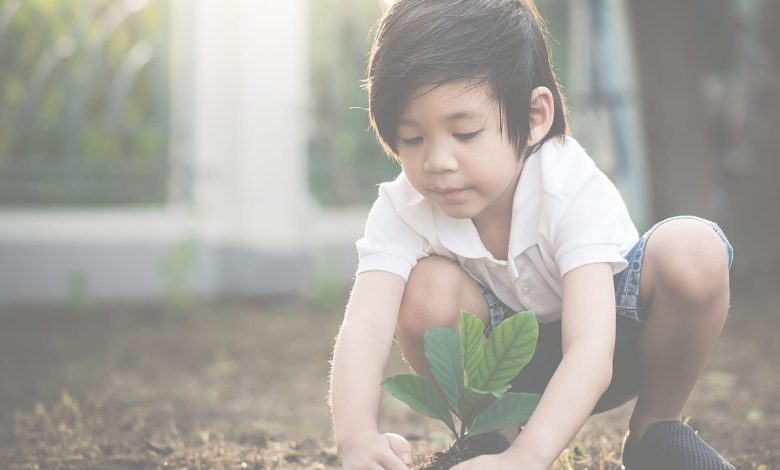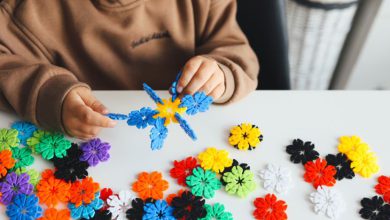Benefits of Outdoor Activities for Preschoolers

Benefits of Outdoor Activities for Preschoolers
It seems intuitive that it’s good for children to play outside. Physical activity, including time outdoors, promotes a child’s development and even academic success.
But with today’s largely sedentary, screen-saturated culture, that’s often easier said than done.
One expert from Yale University noted that the typical U.S. child spends about 90% of their time indoors. Kids get only 30 minutes a day of outdoor unstructured play, down from 4 hours a generation ago. Meanwhile, young children between ages 2 and 5 spend an average of 30 hours per week with electronic media.
Too much time sitting can raise a child’s long-term risk of health problems into adulthood, including heart disease, diabetes, sleep apnea and mental health disorders.
Let’s take a closer look at the benefits of outdoor activity for children, and how preschools and parents can help kids connect with nature.
Benefits of Outdoor Learning Activities
Many parents think of “education” as a formal, indoor process. However, outdoor activity provides children with abundant “sensory and information richness,” which promotes curiosity and exploration.
Nature creates an immersive experience that engages the whole child, which makes it an excellent teaching environment for fostering cognitive, social, emotional and physical development.
- Academic benefits. Outdoor learning activities can integrate important subjects like language arts, math, science and social studies. Kids develop math skills when they learn to identify, count and sort different types of wildlife. A simple observation of water flowing through a creek teaches basic physics. And the unpredictability of the natural world teaches creativity and problem-solving.
- Quality of play. In addition to planned lessons, unstructured outdoor play has many benefits. Kids who play in natural settings exhibit better concentration, ability to stay on task, motor coordination and agility. They also engage in more creative and cooperative play with peers.
- Social development. Some studies have found that unstructured outdoor play teaches kids to get along better with peers.
- Self-discipline. Kids with access to green spaces may exhibit better impulse control, ability to delay gratification and ability to cope with upsetting events.
- Environmental stewardship. Even a simple activity like watering a plant teaches children that we all have a role in caring for other living things, which builds a sense of responsibility for preserving our environment so that everyone can enjoy it.
Spending Time in Nature Supports Children’s Well-Being
Outdoor activities, including formal learning and unstructured play, promotes a child’s physical, mental, emotional and spiritual health in a number of ways.
- Increases physical activity. Children tend to be more physically active when they attend schools with outdoor areas or natural settings.
- Gardening is good. Kids who participate in growing food eat more fruits and veggies and have more general knowledge about nutrition. Gardening is one way to instill healthy eating habits that can last a lifetime.
- Better eyesight. More time outdoors has been associated with lower rates of nearsightedness in children.
- Lower stress. Kids with access to trees, plants and even views of natural landscapes exhibit lower stress levels.
- Improved concentration. Even children with ADHD may have an easier time focusing on a task if they spend time outdoors on a regular basis.
- Self-confidence. Unstructured outdoor play provides an almost endless variety of ways to engage with the environment. This builds a child’s confidence in his or her ability to make independent decisions.
How to Help Kids Connect with Nature
The good news is there’s no one correct way for kids to get in touch with the natural world, both at home and at preschool. Here are just a few of the many activities that can benefit young children:
- Helping to plant trees or other plants
- Digging in the soil
- Growing a garden
- Helping to care for an animal
- Observing wildlife
- And more!
At Little Sunshine’s Playhouse & Preschool®, we understand that outdoor learning plays an important role in child development. Some locations even include nature centers, which may feature bird feeders, vegetable gardens and labels on trees, bushes and flowers.
To learn more about the role of outdoor activities in our Creatively Shine™ curriculum, contact a Little Sunshine’s Playhouse® near you!





